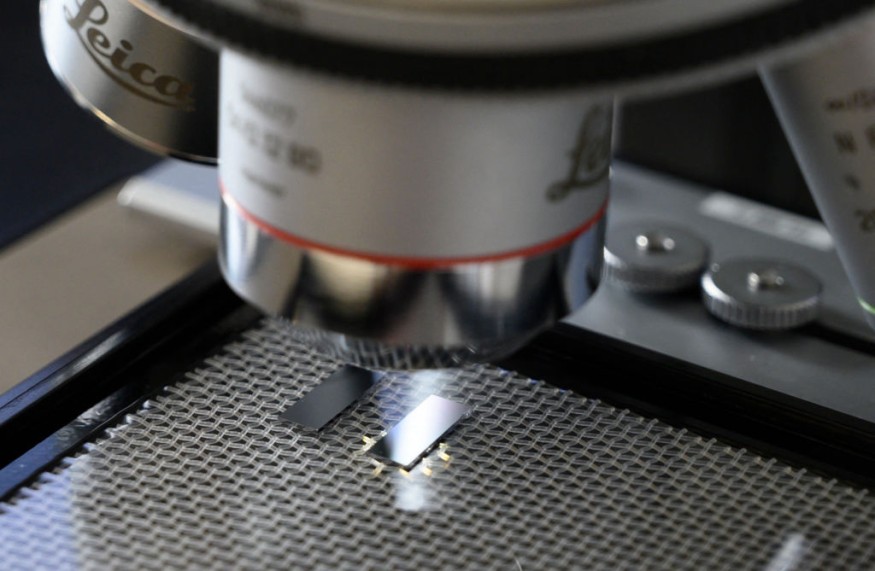Researchers found a process called origin licensing, which occurs during the early phases of cell replication. It is during this phase that some cells are not fully licensed and replicated successfully, leading to cell damage, including cancer.
Origin Licensing and Cell Replication

The process of origin licensing occurs during the initial and preparatory phase of cell replication, known as the G1 phase, according to a new study published in the journal Nucleic Acids Research on Wednesday. It ncludes sets of specialized enzymes attached to the DNA in chromosomes in locations where DNA replication will originate.
The role of these enzymes is to license or stamp the replication to prevent cells from copying their genomes more than once. Successful replication of cells is often used to succeed the offspring of a particular species.
This breakthrough was achieved when the study's first author, Liu Mei, PhD, used still and time-lapse microscopic imaging techniques in the Cook laboratory.
Mei compared the origin licensing process, with its loading of licensing enzymes, in the two main states of the genome, euchromatin and heterochromatin. Mei found that heterochromatin, the more compacted DNA, loads these licensing enzymes by a prolonged period of time compared with the more open euchromatin.
In a separate study published in the journal Genes & Development on July 15, 2020, researchers defined heterochromatin as a "typically highly condensed, gene-poor, and transcriptionally silent, whereas euchromatin is less condensed, gene-rich, and more accessible to transcription."
"Our findings may help explain, for example, why certain portions of the genome are relatively susceptible to DNA damage during replication in some cancer cells," said Jean Cook, PhD, professor of biochemistry and biophysics at the University of Carolina School of Medicine.
Based on this data, Cook and his research team have discovered the likelihood of potential damage emanating from the dividing cells with an abnormally shortened G1 phase.
By identifying the specific process involving the heterochromatin, Mei, Cook, and the other authors of the study have provided a holistic approach on the topic cell replication and DNA.
Cell Damage, an Inevitable Result from Cell Replication
The more solid DNA in the cell genome may never be fully licensed for replication. As a result, the process of licensing will not be successful and will result in huge mutations during replication and even cell death.
Furthermore, the study revealed that the heterochromatin genome state has more under-replication compared to the euchromatin.
The study of Cook's team shows that the occurrence of cell damage during cell replication is inevitable. This fact is also acknowledged by Manuel Serrano, the ICREA researcher at the Institute for Research in Biomedicine. According to Serrano, "Cell damage is happening in our bodies all the time."
Promising Experimental Tool for Further Studies
The study highlights the researchers' experimental platform as a tool for further studies concerning origin licensing dynamics and genomic instability with the possibility of providing new strategies against cancer, as per ScienceDaily.
According to the Center for Disease Control and Prevention (CDC), more than 1.7 million new cancer cases and nearly 600,000 people had died from cancer in the United States in 2018 alone.
Related article: Cell Division May Prevent Cancer
© 2025 NatureWorldNews.com All rights reserved. Do not reproduce without permission.





